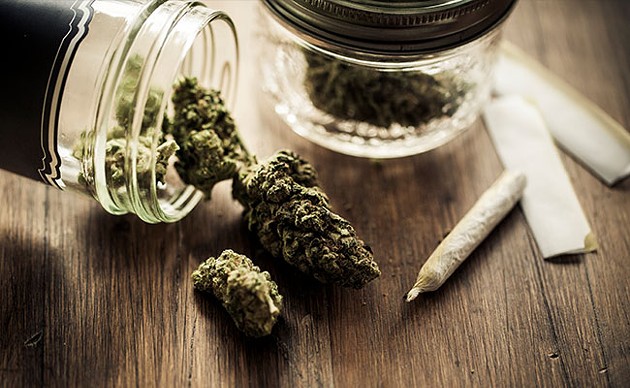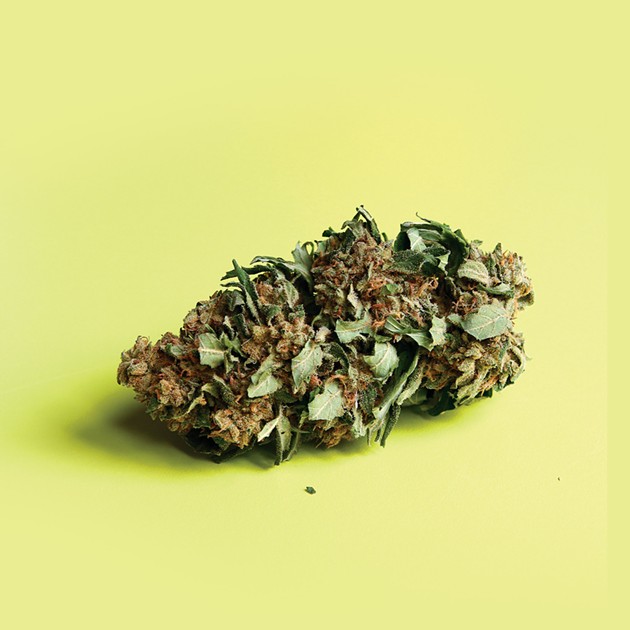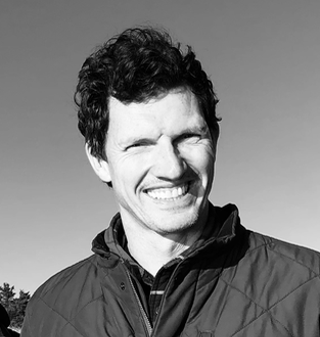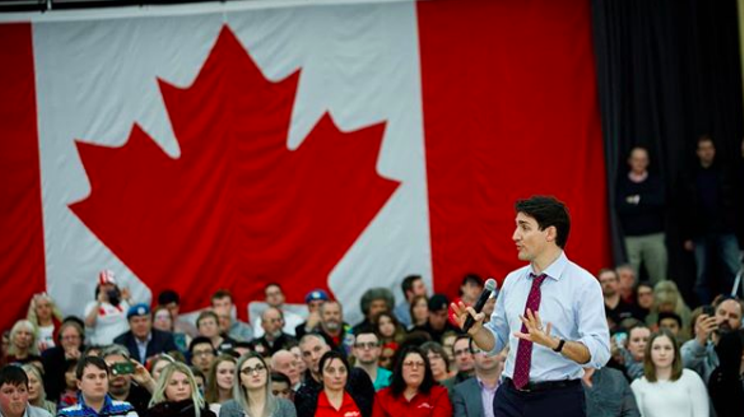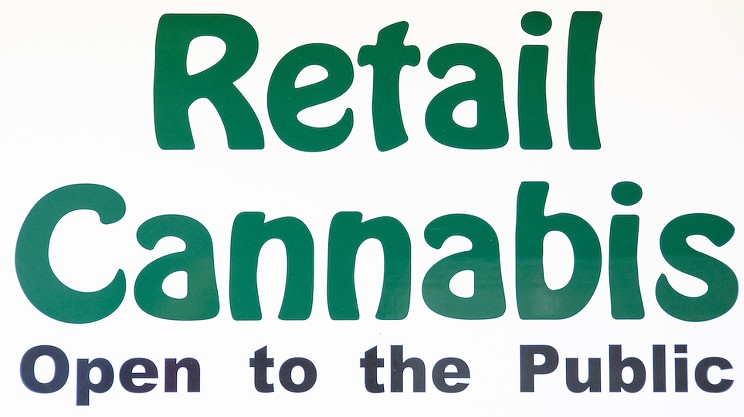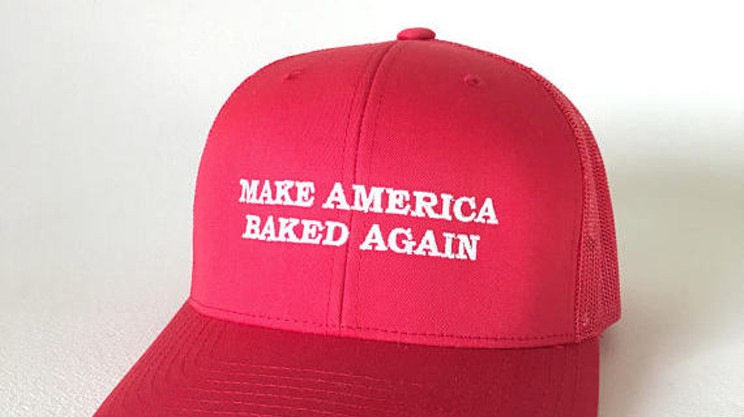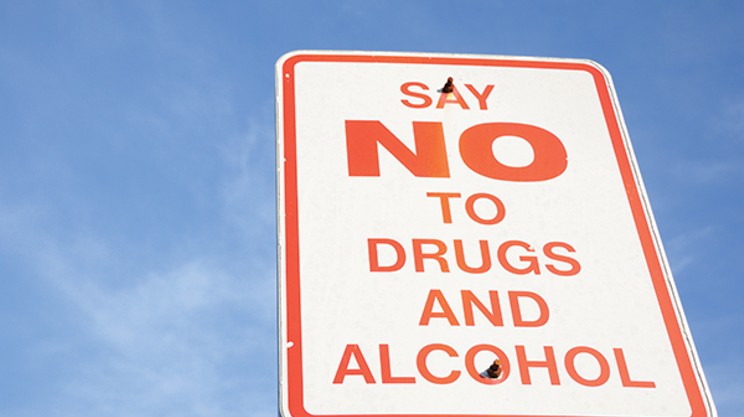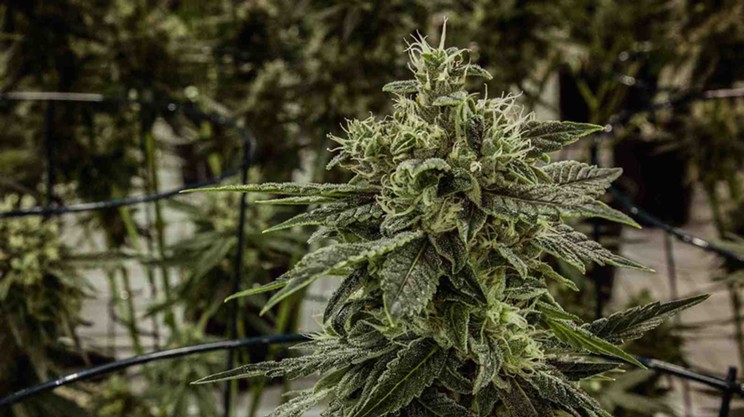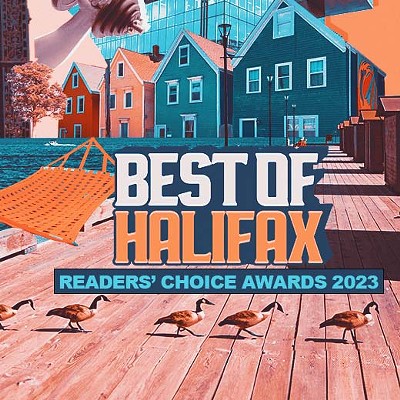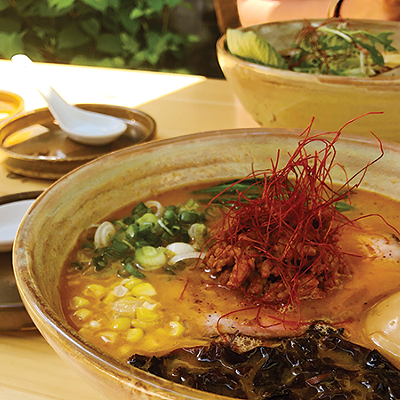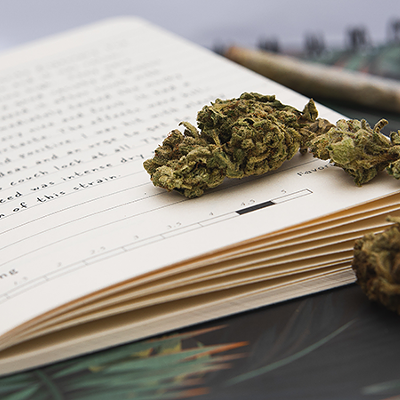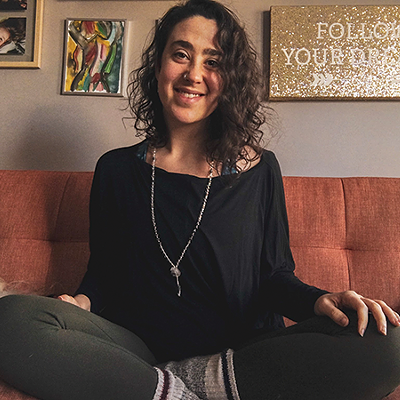The last time I tried to buy weed before the Cannabis Act was introduced, I was a teenager. It was late in the 1900s, when the other prime minister Trudeau was winding down his political career.
We never had much pot-buying success, my friends and I. But that was fine with me. Attempting to score weed back then involved a lot of hanging around the arcade hoping a dealer would show up. Dealers rarely showed up. The consequence was that instead of getting stoned, I got really good at video games.
Those rare times we managed to buy a $15 gram of pot didn't translate into much of a high. Grass back then wasn't grown with the modern methods that produce high THC concentrations. And getting that weed was so difficult, we were reluctant to get rid of it quickly. A friend of mine likes to say we effectively endured the Weed Depression, a period of scarcity like our grandparents' Great Depression.
Justin Trudeau, now 46, is the right age to have been affected by the Weed Depression. Maybe that explains his eagerness for legalization. Rather than a chicken in every pot, he's suggesting some pot in every pipe.
Canada's poised to become just the second country, after Uruguay, to legalize recreational cannabis for adults. Making this happen by July demands a mountainous stack of papers as each province figures out how to sell pot like it was wine. And taking the wraps off a powerful drug that is pretty widely used, but not that widely studied, requires faith in the existing science that things will turn out well for the citizen guinea pigs.
Full-on legalization is a bold experiment—and the strain is showing. Even our prime ministerial pot proponent ended 2017 pushing off implementation to "the summer" of 2018.
"The date will not be July 1, I can assure you of that," said Trudeau during an interview for Quebec's TVA network. "I don't know where that date came from."
(One source is Health Canada, whose website says that "the Government intends to bring the proposed [Cannabis] Act into force no later than July 2018.")
Meanwhile the pending fact of legalization has emboldened the private (illegal) sector. In Halifax, as in many cities across the country, it's ridiculously easy to buy pot right now. Dispensaries are opening all over the place. What happens to these stores once legislation passes is yet another great unknown.
Maybe the demand for weed will be so much bigger than the legal supply that dealers keep operating until the licensed producers can catch up. Maybe the politicians' premise of a sinsemilla silver bullet works, and the legal market causes the black market to dry up while enriching government coffers and increasing public safety.
Post-prohibition Canada is a brave new world, one that is incredibly close yet strangely hard to see. "We're building the airplane in the air," is the way someone who works for a licensed producer put it to me. In other words, 2018 is going to be interesting. The country is rolling the joint after it's already been lit.
"The first time I went into a weed dispensary was almost exactly one year ago."
tweet this
Legalization is one of those things that seemed like it would never happen. In 1972 the Le Dain Commission—formed by Justin's dad Pierre Trudeau—recommended decriminalizing Mary Jane, and that didn't change things.
Then the 2001 legalizing of medical weed seemed to cement recreational weed's outlaw status. It would take another 14 years before Trudeau the younger stepped up, promising to legalize cannabis outright as part of his election platform. It seemed fanciful. It seemed unlikely to come true. Yet here we are.
The first time I went into a weed dispensary was almost exactly one year ago, at the beginning of 2017. I was visiting family out west in Victoria, BC. Cannabis shops were everywhere. It was the first thing I noticed. Downtown, uptown, in the burbs—pot stores are as common as coffee shops in Victoria.
One day, while out for lunch, curiosity got the better of me. With assorted grandparents and children waiting outside, I ducked into the weed shop beside the restaurant we were at to find out what the hell.
Actually, it was more a weed boutique; tastefully lit, with stereotypical BC wood counters and a long row of weed-filled glass jars on a shelf. If I could produce a photo ID, I could buy whatever strain I wanted for $10 per gram ($12 for the really good stuff). Mind blown, I left without making a purchase.
Meanwhile, back in Halifax police had just raided a Barrington Street dispensary called Auntie's Health and Wellness Centre, arresting its owner Shirley Martineau. She opened Auntie's to serve only legal medical weed users, but soon lost the will to keep turning away sick people who didn't yet have a prescription. Martineau started selling to anyone over 19 and was shut down for her troubles.
She was just a few months ahead of her time. True to his word, Trudeau introduced the Cannabis Act in April 2017.
Official federal and provincial information sources take pains to point out that recreational cannabis remains strictly illegal right up until the moment the law changes, but anyone in the weed business says with the government intention so clear—and given the months it would take for a pot case to get through the courts—legally we've entered "a grey area." And it's here that retail weed has staked a claim in Halifax.
Weedmaps, the industry leader (judging by the fact it's the only pot app I've ever noticed advertising on billboards), lists 17 shops around the municipality. We don't have anything like the concentration in Victoria—Halifax pot stores are only about as common as liquor stores, not coffee shops—but new businesses keep opening. And with the grey market maturing month by month, the start-ups are learning to step up their game.
I stopped by a shop last summer that was newly open and patently uninviting. The place was a dim, sketchy room painted landlord-drab and decorated with only a desk, a couple chairs and a safe.
A few months later, I was attending a dispensary on its opening night and was impressed by the jewellery store feel; airy and bright with long glass counters. Another store opened soon after, this one investing in a clever logo and featuring a wall-size mural in the back room, where weed is displayed in high-tech jars that have a magnifying top and internal light.
Nova Scotia announced its plan for legal weed distribution a month ago. Where a few provinces are allowing private companies in some form—giving grey market dispensaries a chance to go legit—most are getting their liquor control organizations to set up new, stand-alone, government-owned pot stores.
Our province is going its own way, however, making the Nova Scotia Liquor Corporation sell weed right beside the booze. This is a blow to the grey market, which currently breaks down between places that sell exclusively to documented medical users, and shops that serve the recreational market, too.
Technically the "prescription only" stores are illegal. Canadian medical patients are legally allowed to buy weed only via mail-order delivery from a licensed producer they're registered with. Summer's legalization may well bring a crackdown on them along with the rest of the grey market.
Staff I spoke with at local medical dispensaries aren't worried yet, though. They talked of rolling with the punches, seeing what happens, having good lawyers and, oh yeah, potentially launching a class-action lawsuit against the province's booze-and-pot plan.
Going into a recreational dispensary at the start of my pot-shopping investigations last year, I didn't know what to expect. A sandwich board on the sidewalk was advertising cannabis products, and I figured this was the place to find out how much Halifax has become like Victoria.
Following the arrow on the sign led me up a nondescript staircase and through a glass door that was unlocked, even though a note on it said customers had to buzz in. There was a short line of people at the counter, and two clerks working.
"Do you need to sign up?" a clerk asked when it was my turn.
"I don't know," I said, utterly clueless about how to buy weed in Halifax at 10am on a Monday.
"You need to sign up," he said, trading me a form for my driver's license.
Recreational dispensaries are often called "19-plus" shops. Their main strategy to stay on the right side of the law and that means being strict about seeing a customer's ID.
The paperwork requested my name, address and age, and wanted me to sign off on a list of four conditions.
After the first two (not letting a minor have my weed and agreeing to use it responsibly), number three asked me to confirm that I had an Access to Cannabis for Medical Purposes Regulations card or pot prescription.
I balked and told the guy I don't have either. He pointed to condition four: "You will consult with clinic staff if you don't have a prescription."
He waited a beat.
Then, consultation apparently completed, the clerk told me to sign the form and asked what I wanted to buy.
I skipped over the bright packages of edibles and strange dispensers of liquid concentrates on display, to focus on the herb specimens contained in the store's glass jars. While I studied the names printed on the side, the line grew longer behind me.
Someone pushed forward. "Any hash today?" The clerk said it was all gone, and the customer left.
Finally I recognized a strain. The clerk put a couple buds from the jar in a plastic cup on his scale. Checking the weight, he broke half a bud off, then ripped that chunk in half again to drop a piece back in the cup. Satisfied, he emptied the container into a little baggie and wrote "Moby Dick" on it with a Sharpie.
I paid $10 (cash only) for the gram and went back down the steps. By the door was a sign reminding customers to be discreet with their purchases in public.
Late last fall I heard the same shop got raided by cops, so the next day I dropped by. For added discretion the sandwich board had been removed from the sidewalk. The lock now worked on the inside glass door and there were fewer jars of weed than before.
"But we're getting more tomorrow," the clerk said.
"When I tried it with a National Access staffer, she pushed back. This was too legit, so I quit."
tweet this
That painless first transaction had me eager to visit more dispensaries, and see how much Halifax compared to other weed-friendly cities. In turn, that made me less nervous about barging into pot stores armed with questions. Hopefully coming off more journalist than narc, I would ask, "Are you medical only, or...?" Or can I sign a waiver asserting my "right to marijuana as medicine," as some places phrase it.
At one shop, a sign by the locked door said only documented medical patients could be served. I knocked anyway, and the medical-only message was reiterated by the semi-annoyed guy who opened the door.
But that was the lone medical dispensary I visited that held its line so firmly. Very common among others were offers of encouragement or advice for how I can get a prescription.
I was repeatedly told to go to National Access Cannabis, a non-dispensing medical weed advocacy service on Spring Garden Road, for help navigating the MMJ system.
"Tell them you don't have a family doctor right now," was a shopkeeper's advice for avoiding the hassle of questions from a healthcare professional whose practice might not be driven by a pot-friendly agenda. But when I tried it with a National Access staffer, she pushed back: Even if my old doctor had retired or moved away, she knew my medical records would be somewhere, and NAC wanted to get them to make sure medical cannabis really was right for me. This was too legit, so I quit.
A couple of stores offered to set me up with their in-house doctors, which was the sort of Dr. Feelgood action I expected to find more of on this assignment. Unfortunately there is an "administrative fee" for the consult—I got quoted prices up to $250.
At the most flexible MMJ-only dispensary I went to, the gatekeeper led with the standard line about their patients needing either the card or a prescription. I thanked the woman and made to leave. She wasn't ready to lose a prospective patient, however. If I couldn't get a prescription for marijuana, the dispensary would accept a prescription for a condition that can be treated with marijuana.
"Easiest thing is go to a walk-in clinic," she explained.
I'd complain about being depressed or having insomnia, and the overworked doctor wouldn't think twice about writing a 'scrip for some pharmaceutical.
"Don't actually get the pills, that's a waste of money," she said. "All we need is the paper prescription so we have some record in case anyone checks."
Things are more straightforward in the grey market's 19-plus stores. Sign up for a membership with your ID, then show your ID anytime you walk in the store. And don't be surprised if the person who serves you, the budtender, wants to see it again.
Some stores in Halifax are small with limited selection, mostly stocking a few jars of dried buds. Others have a full range of flower, edibles, topicals (ointments oils, bath bombs), concentrates (shatter, wax, butter), seeds for growing your own and CBD, the isolated cannabis component reputed to bestow health benefits without getting you high.
One store I wound up in is a literal mom-and-pop shop: Dad is a true believer who wants to help other people access the weed that helped him through sickness. Mom makes pot brownies and cookies. Another 19-plus has a mandate to treat its medical customers better than recreational users. For example, terminal cancer patients get free weed, because who deserves a break on medicine more than them?
People in the medical marijuana community understandably are left wondering if there can be enough weed to meet their long-standing legal, Supreme Court-endorsed needs and also satisfy recreational users come legalization.
I've heard estimates from suppliers that the recreational market will be 5,000 percent bigger than the use of medical marijuana—that Canadians will spend more on grass than beer. There are currently 84 licensed producers allowed to grow pot for public sale in Canada; Nova Scotia alone has about 50 microbreweries.
Downtown on a Tuesday morning before 11, I'm the only customer in The Port, the boutique NSLC on Clyde Street. The guy behind the counter joins me in the wine section.
I need help choosing the right bottle of red. The clerk brings over the manager for a second opinion, who confidently recommends a Pinot Noir.
I can't open it to smell the wine, the way some budtenders let patrons do in 19-plus shops. But I buy it anyway.
With the seal broken on shopping for vices before noon, I walk the couple blocks to the nearest pot store. It's my first time at this location, but by now I'm something of an expert at the process. Security stops me at the door and asks for my ID, then points me to a row of chairs to wait before signing up.
A constantly replenishing line of about 20 customers strings from the back to the front. Monitors on the wall advertise the daily specials—two toonies on Tuesdays for a pre-rolled joint instead of the regular $5—and speakers pipe in EDM. With the three visible security staff there are 13 people working, all wearing black clothes. It's the closest I've seen to corporate cannabis.
We've all grown up being told by the establishment that pot is evil. This year the official story changes. What it'll look like when it arrives or how completely the industry will change over the next five years of rapid evolution, well, that remains hazy.
Kyle Shaw is The Coast's editor and co-founder.

